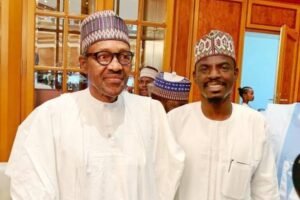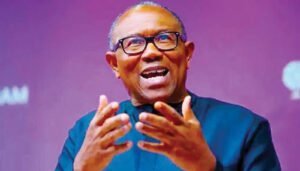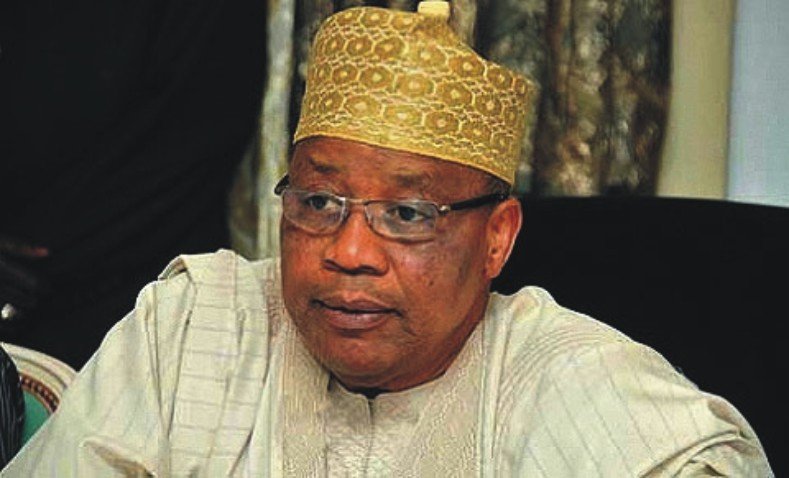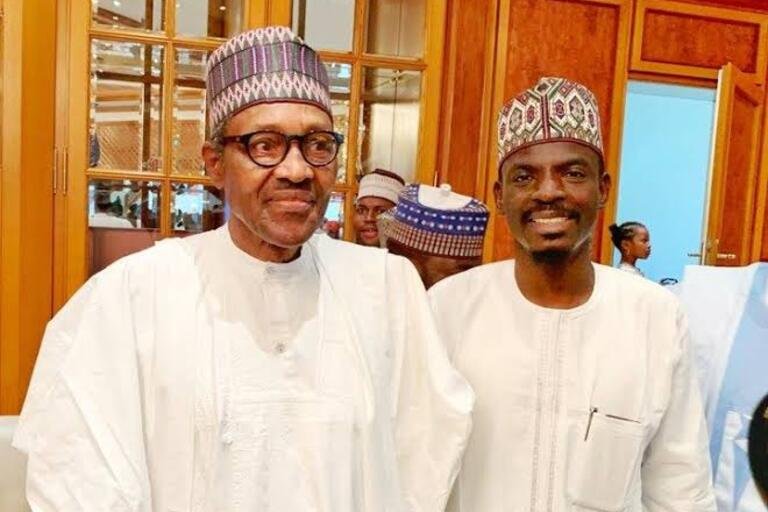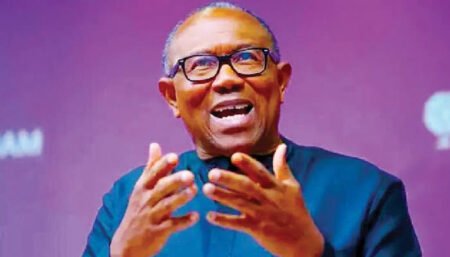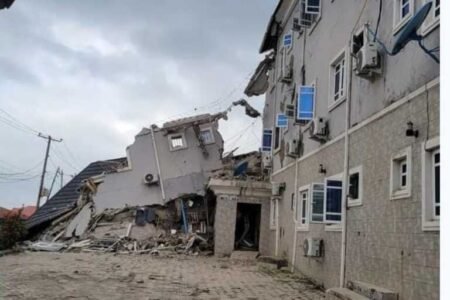Former Head of State, General Ibrahim Babangida (retd.), has disclosed details surrounding the foiled coup allegedly orchestrated by his childhood friend, General Mamman Vatsa, which forced him to make a difficult decision between personal loyalty and national security.
In his newly launched autobiography, A Journey of Service, released on February 20, 2025, Babangida recounts how initial intelligence regarding Vatsa’s alleged coup plans surfaced “as a series of rumours.”
In Chapter 10, The Challenges of Leadership, he explains that despite initially dismissing the claims as baseless envy towards his close relationship with Vatsa, he sought counsel from senior officers, including Generals Nasko, Garba Duba, and Wushishi.
Babangida narrates that subsequent covert investigations confirmed “incontrovertible evidence” of Vatsa’s involvement in funding officers for the coup.
“With our experience in the few months in government and the benefit of hindsight based on previous rumours, I determined that the best way to tackle the rumours about a possible Vatsa coup was by confronting the principal suspects.
“When the decibel of the stories rose too high, I confronted Vatsa himself after reporting the rumours to more senior colleagues like Generals Nasko, Garba Duba, and Wushishi. Nasko intervened and tried to find out the truth from Vatsa. Vatsa flatly denied it all, but the covert investigations by the military and other intelligence services continued.
“Once substantial incontrovertible evidence was established, the arrests began. It turned out that Vatsa had paid several officers money to facilitate the coup operation. One of them was Lt-Col. Musa Bitiyong, who was given N50,000.

“He admitted it, and Vatsa also admitted the payment but said he wanted to help Bitiyong establish a farm project — the case of Lt-Col. Musa was not helped because he had previously been involved in other controversial coup stories.”
The former military leader further alleged that the plans involved bombing the Eko Bridge in Lagos and targeting key Air Force assets. Intelligence also suggested a scheme to either hijack or shoot down the presidential aircraft.
“I felt a deep personal sense of betrayal,” Babangida writes, recalling his long-standing friendship with Vatsa from their early years in Minna.
Following the military tribunal’s review, he noted that “it was clear that the coup planners had to be executed.” Vatsa, along with nine other conspirators, faced execution in March 1986. Despite his personal grief, Babangida defends the decision as necessary for the stability of Nigeria.
“They had planned a bloody coup which would have plunged the country into darkness. I had to choose between saving a friend’s life and the nation’s future.
“Above all, everyone who had signed on to a military career understood clearly what it meant to plan a coup and fail. The penalty was clear and unmistakable.”
While reflecting on the emotional toll, Babangida acknowledges feeling “somewhat depressed” over Vatsa’s death but maintains that national security took precedence over personal bonds.
“Of course, Vatsa’s death was a personal loss of a childhood friend. As a human being, I was somewhat depressed to watch him die in such circumstances.
“However, the nation’s stability and the cohesion of the armed forces were too high on the scale of priorities to be sacrificed for personal considerations. The law and the imperatives of order and national security are overriding.
“Everyone who had signed on to a military career understood clearly what it meant to plan a coup and fail.”
Babangida also claims that various political interests later attempted to politicize the incident, but he remained steadfast that the execution was crucial for “the cohesion of the armed forces” and the country at large.
He further notes that some senior officers had objected to Vatsa’s appointment as Minister of the Federal Capital Territory, arguing that he played no role in removing General Buhari. However, Babangida insists he remained loyal to their friendship, accommodating Vatsa’s “excesses and boisterousness.”
At the official launch of his autobiography in Abuja, Babangida also addressed the annulment of the June 12, 1993, presidential election, admitting that the Social Democratic Party candidate, Moshood Abiola, won. He attributes the annulment to “forces” led by General Sani Abacha.
“I remember saying: ‘These nefarious ‘inside’ forces opposed to the elections have outflanked me!’
“I would later find out that the ‘forces’ led by General Sani Abacha annulled the elections.
“There and then, I knew I was caught between ‘the devil and the deep blue sea!! From then on, the June 12 elections took on a painful twist for which, as I will show later, I regrettably took responsibility.”
Babangida justifies the annulment as a measure to prevent Abiola’s potential assassination, which he feared could lead to civil war.
“While I accept that the unfortunate denial of his mandate amounted to a subversion of the will of the Nigerian people, I was petrified that if Abiola got killed, it could lead to a civil war. Having participated in one civil war, with all its horrors, pains and devastation, I wasn’t prepared to see another.”
Vatsa’s family demands restitution
Reacting to Babangida’s revelations, Jonathan Vatsa, a family member of the late general, dismissed the justification for his brother’s execution, insisting it was unjust.
“My stance has always been that he was killed unjustly. He never deserved to die. There was no valid reason for his execution, even though the military tribunal sentenced him to death. He had the right to appeal. Before he could even file an appeal, they announced he had been killed an hour earlier. Why the rush to execute an innocent man?
“It’s like winning a case in court and, according to the Nigerian constitution, you have the right to go to a higher court, but before you can do so, they claim your time has run out. They weren’t fair to him. It wasn’t about sacrifice; they saw him as a threat. If he had been alive, they wouldn’t have been able to accomplish the things they did.
“He (Babangida) owes Nigerians apology on so many issues. And it’s not only apology he owes Nigerians. He should thank God he is still alive and he has the opportunity to say I’m sorry. So, he should equally summon the courage, not only to apologise, he should equally make restitution. Everything that he has taken from Nigerians that was not in the right way, he should make restitution.”
Reactions from Hafsat Abiola and Joe Odumakin
Hafsat Abiola-Costello, daughter of late Chief MKO Abiola, acknowledged Babangida’s admission but emphasized that it does not erase the pain suffered by her family and Nigerians.
“For decades, Nigerians have known the truth. This is not new to us. But it is important that history records it from those who played a role in that dark chapter.”
Human rights activist Joe Odumakin also criticized Babangida, labeling his account a “hatchet job” intended to “mislead the present generation of Nigerians.”
“It is indeed ridiculous that Babangida would stoop to accusing a dead man of such a heinous crime, knowing full well that the accused can never defend himself.”
Odumakin further accused Babangida of deliberately manipulating the transition process to delay the return to democracy, pointing to repeated postponements and the banning and unbanning of political figures.

